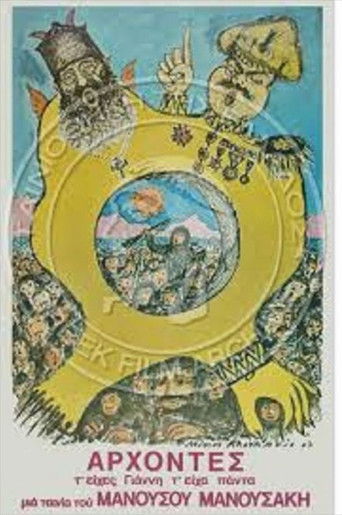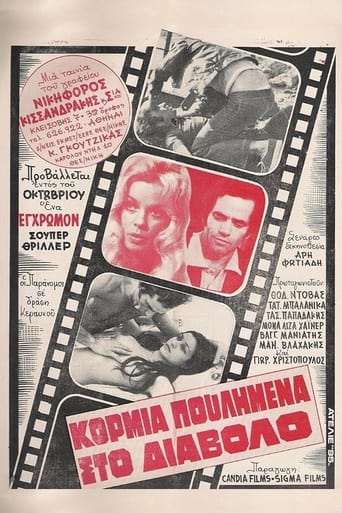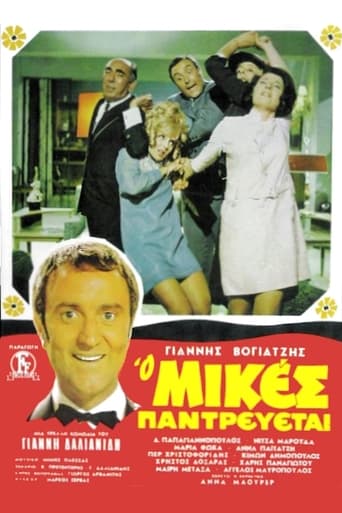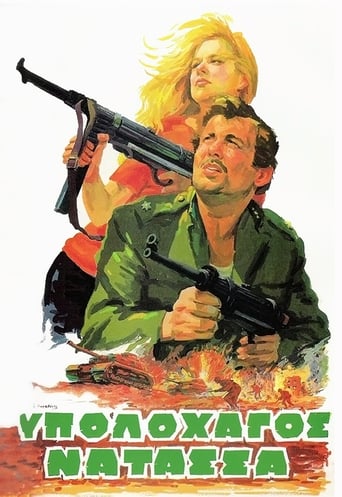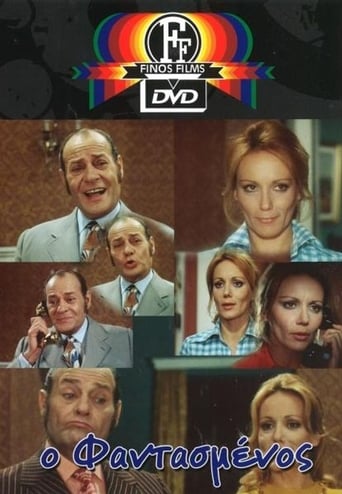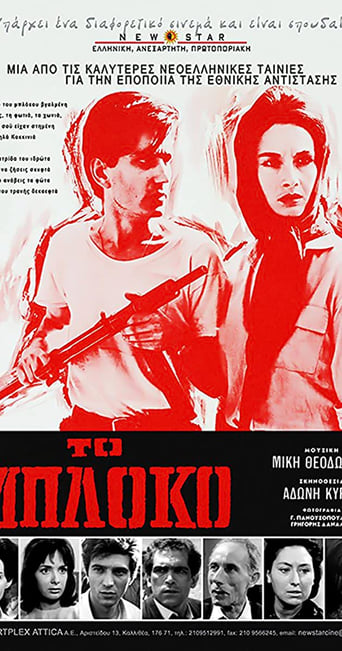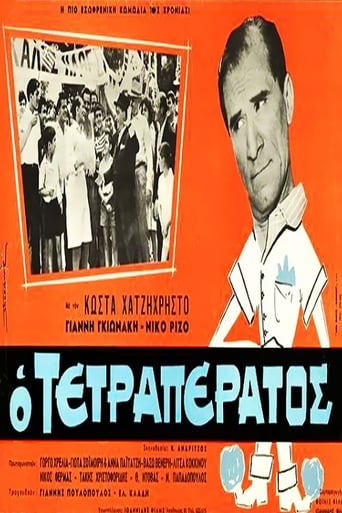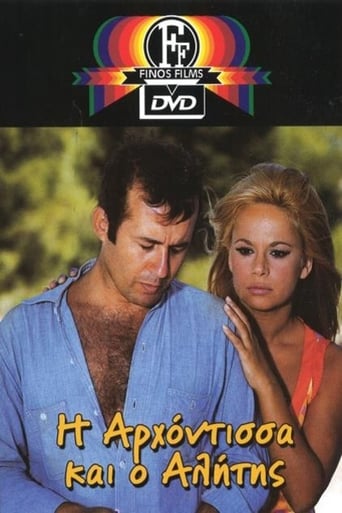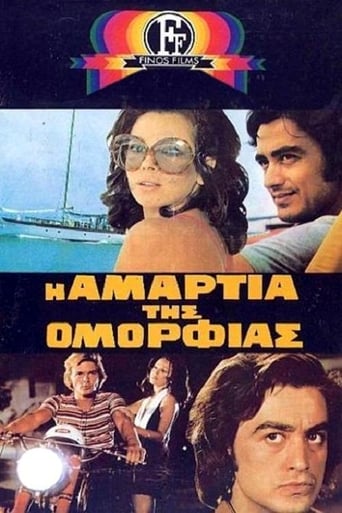Άρχοντες
Jan 01, 1977An abstract tale of a society that exploits everyone and everything. A closed societal system is run by a class of rulers composed of priests, elders, politicians, bankers, and military men. All these people prostitute themselves in order to exercise power with the same ease that they drink their coffee.
Comedy
